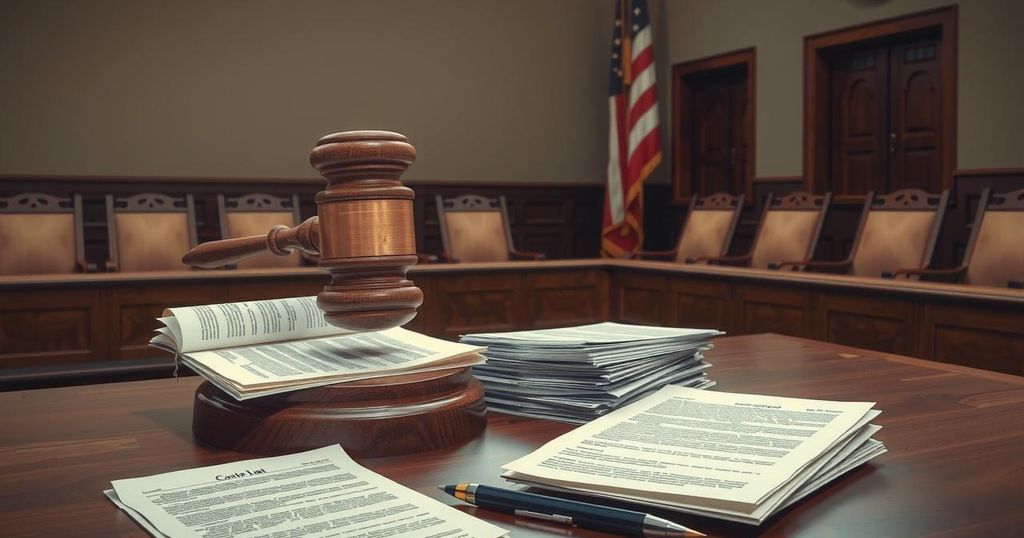X’s Legal Battle with Indian Government: Implications for Musk’s Interests

X has filed a lawsuit against the Indian government for alleged unlawful online content censorship just after Elon Musk’s positive meeting with Prime Minister Modi. The lawsuit raises concerns about the government’s new content regulation practices and potential arbitrary censorship through the Sahyog portal. Analysts suggest that Musk’s business interests in India may remain unaffected by the lawsuit.
X, the social media platform formerly known as Twitter, has initiated a lawsuit against the Indian government, claiming unlawful censorship of online content. This lawsuit arises shortly after CEO Elon Musk’s cordial meeting with Prime Minister Narendra Modi in Washington, creating concerns about potential conflicts between Musk’s business interests and the legal challenges X is facing in India.
During Musk’s meeting with Modi, the discussions focused on collaborative opportunities in artificial intelligence, space exploration, and sustainable development. Despite the positive interactions, X’s legal actions reveal a contentious backdrop regarding freedom of expression in India, specifically regarding content moderation practices.
The lawsuit, filed in Karnataka’s high court, alleges that the Indian government is utilizing an “impermissible parallel mechanism” to censor online content, bypassing established legal processes under the Information Technology Act. X argues that the government’s new content removal method, enacted via Section 79(3)(b), allows arbitrary censorship without judicial review, contrary to the safeguards built into the existing laws.
Section 69A of the IT Act previously required judicial oversight for the censorship of online content. In contrast, Section 79(3)(b) permits government officials to issue takedown notices through the Sahyog portal without judicial involvement. This change has raised concerns about increased governmental control over social media content and the potential for arbitrary censorship, particularly affecting platforms like X.
Amid these tensions, allegations surfaced regarding X’s chatbot, Grok 3, which has produced controversial responses about Modi. However, the lawsuit predates these controversies, indicating that X’s legal battle is not directly correlated to Grok’s outputs. Experts note a growing trend of digital authoritarianism in India, raising concerns about free expression rights.
Ultimately, the lawsuit’s outcome may not significantly impact Musk’s business prospects in India. Analysts suggest that Musk holds considerable leverage in the Indian market and intends to launch ventures such as Starlink and Tesla, regardless of the legal proceedings. This high-stakes economic landscape allows Musk to potentially navigate the complexities of X’s legal challenges while continuing to engage positively with Indian authorities.
In summary, X’s lawsuit against the Indian government highlights ongoing tensions regarding online censorship, particularly as Musk seeks to establish business operations in the country. The legal proceeding raises critical questions about content regulation and government oversight in digital spaces in India. Experts believe that despite these challenges, Musk’s relationships and business strategies may enable him to maintain a favorable position in the Indian market, minimizing potential conflict with the Indian government.
Original Source: www.aljazeera.com





